Reports are increasingly common of drag queens performing for children or engaging in direct conversations with them. These interactions often leave kids visibly confused and unsure how to react to something so unfamiliar. Video recordings show that children frequently appear uneasy, while adults try to normalize the situation.
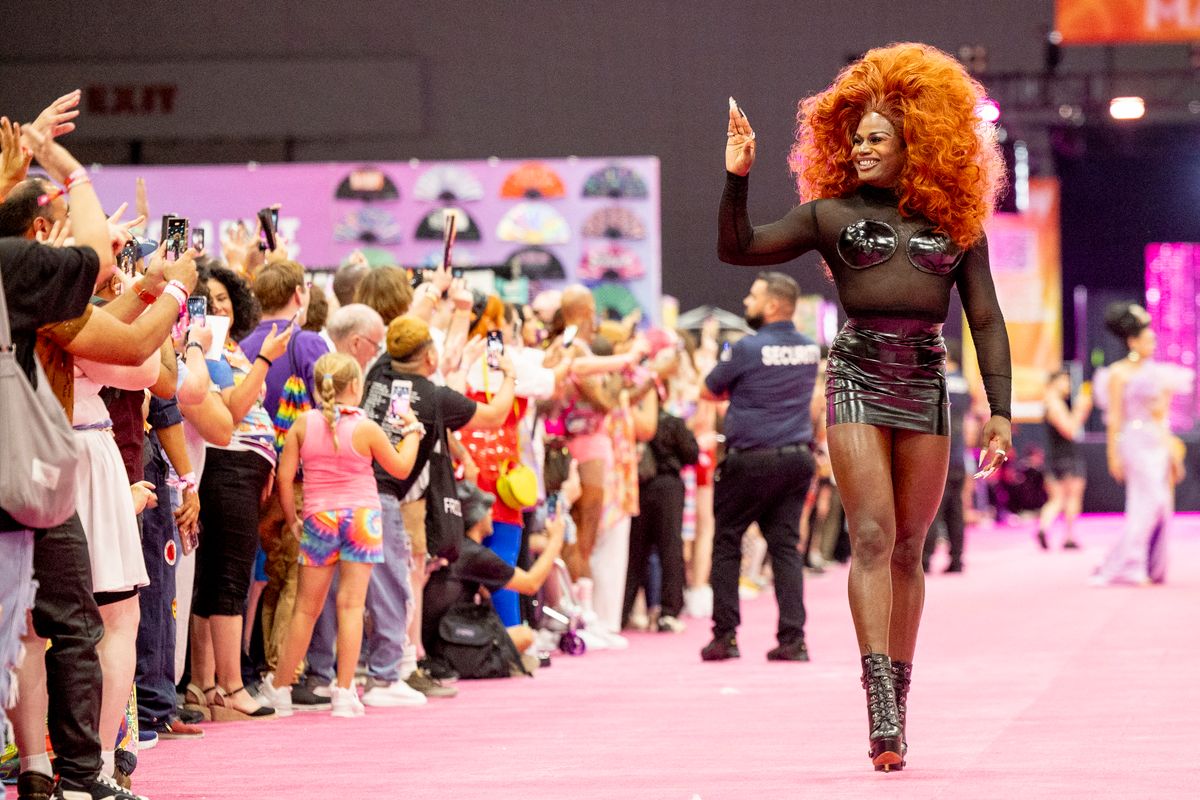
Drag Queens and Awkward Conversations
In one video, a drag queen who goes by the name Isabella speaks with a child named Miko. The child appears visibly nervous and even admits to feeling that way. The man presses on with questions:
Do I look scary? Do you know what I am?
Miko responds honestly, saying he’s never heard of a drag queen. Isabella then explains that he’s a man and adds that anyone can try drag because it’s fine. He even claims that many kids are starting to do it.
This statement is especially concerning, as the child clearly struggles to process the situation, yet is still being encouraged to take part.
Other videos show drag queens dancing and twerking in front of children, apparently during public events. The footage doesn’t show the children enjoying the show; instead, their faces reflect discomfort and confusion. While the supposed aim of such events is to familiarize kids with drag culture, the result often seems to be the opposite: the kids watch in disbelief or unease, unsure why they’re being involved at all.
Forced Conversations in France
A particularly unsettling video from France features a drag queen who introduces themselves as Ophélia trying to talk to a group of children. The situation quickly becomes uncomfortable.
When one child greets the performer with, “Good day, sir,” Ophelia corrects them:“Well, I’m not a sir, I’m a lady.”
But the child insists that the person is a man, visibly unable to accept the situation. Ophelia pushes the conversation further, saying things like:
I live with a lover, and I have two relationships.
Such open, adult conversations in front of children have shocked many viewers, especially since the children clearly struggle to understand what is being said, with one even calling the situation “bizarre.”
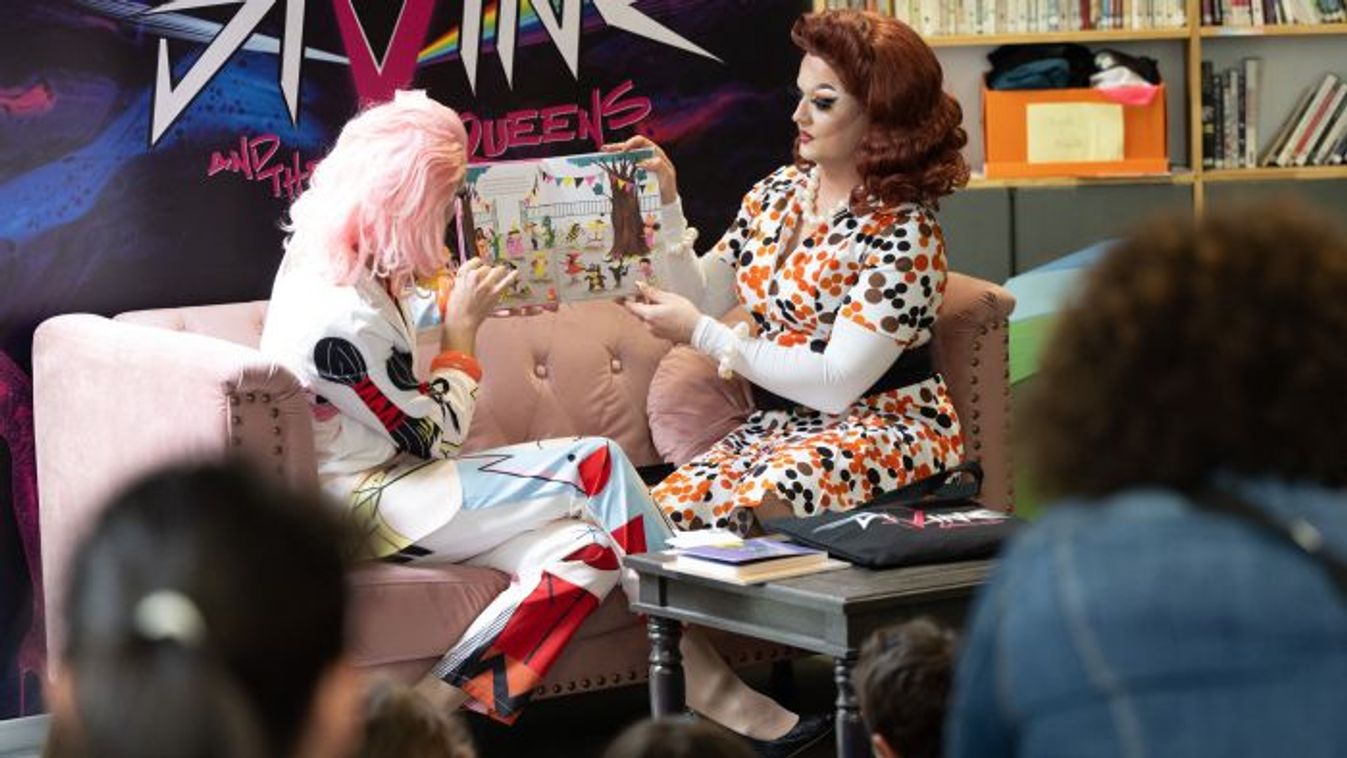

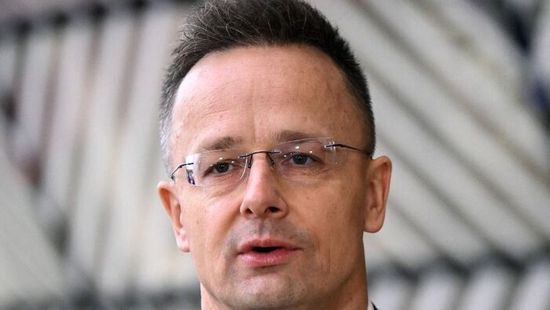

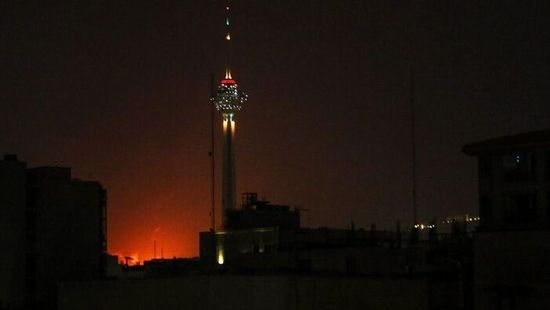

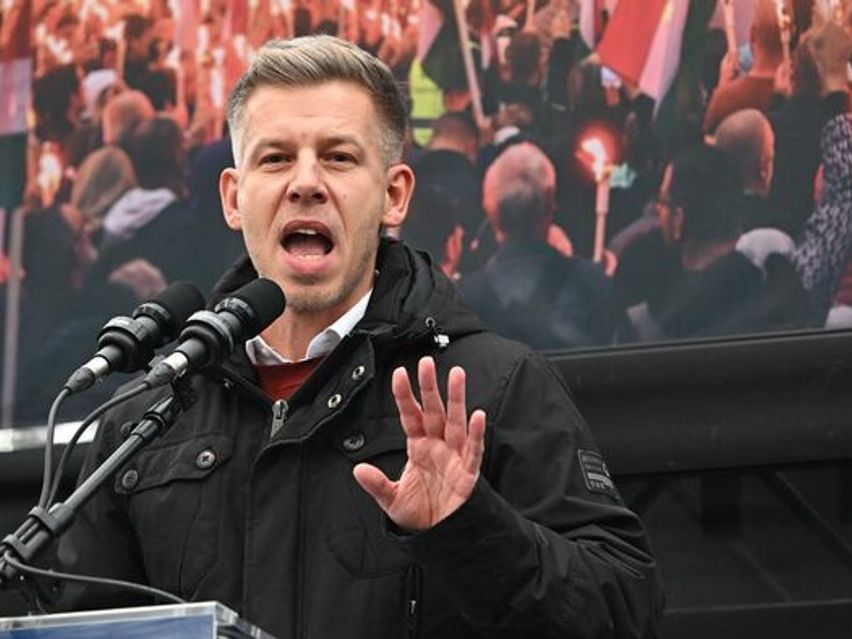
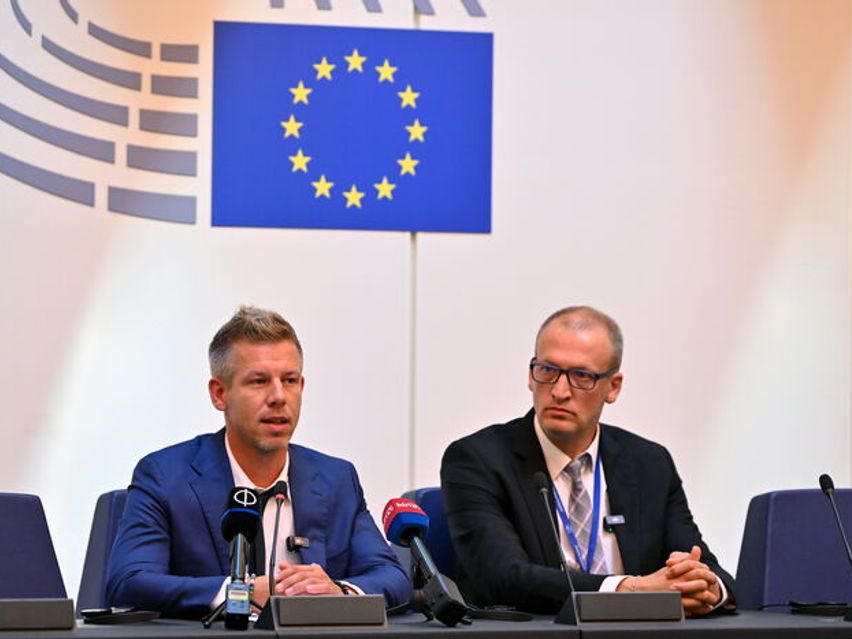
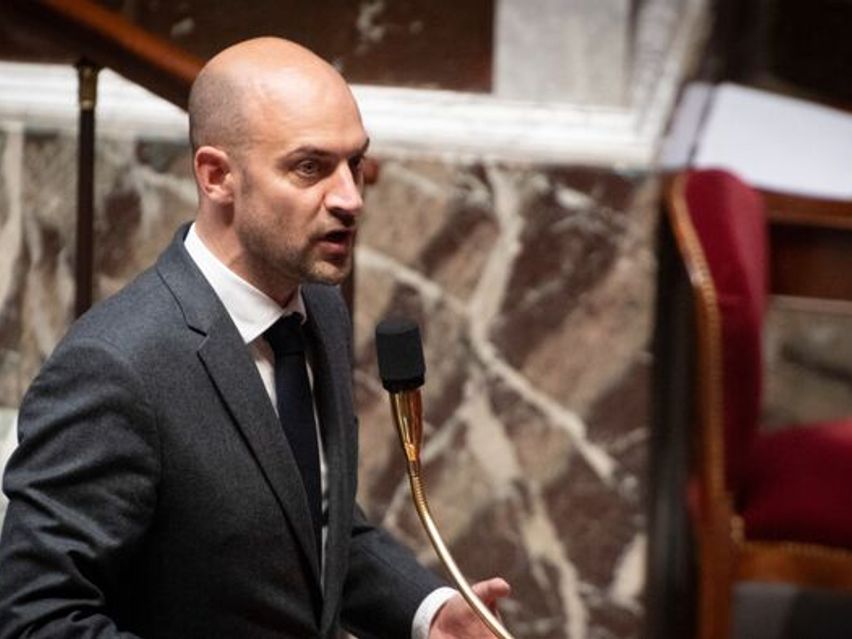
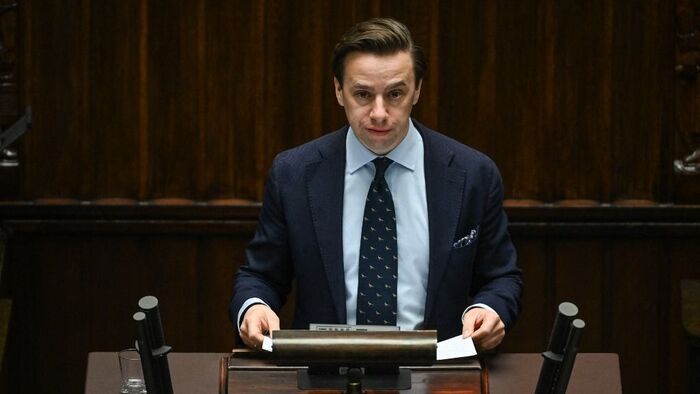

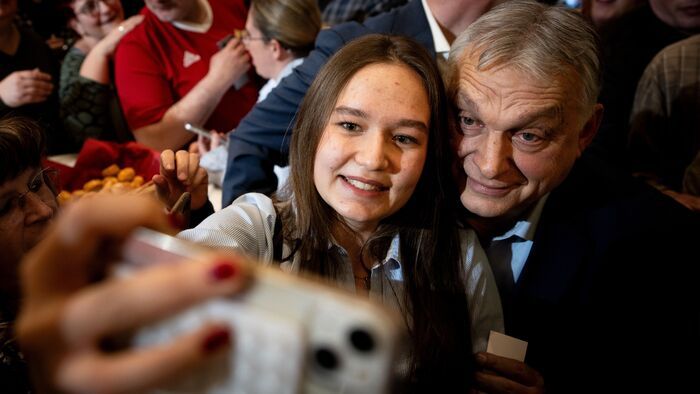
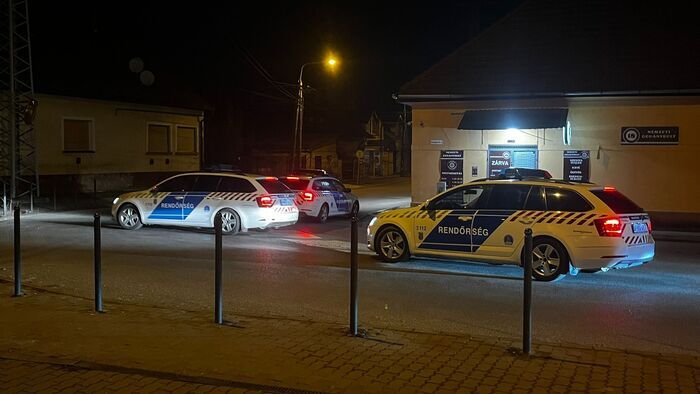
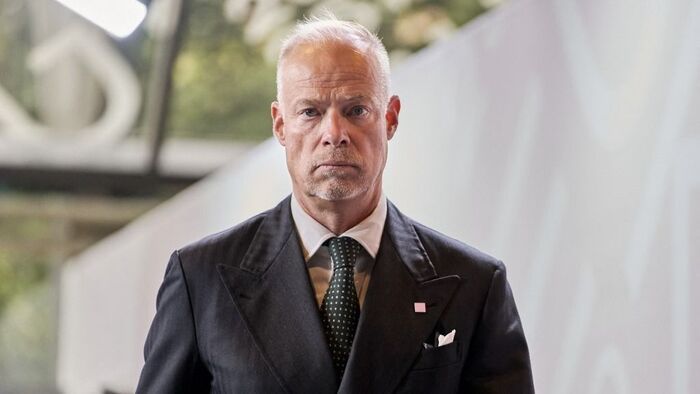
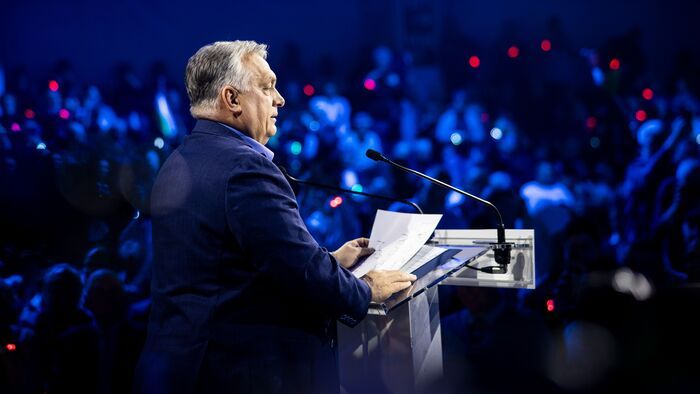
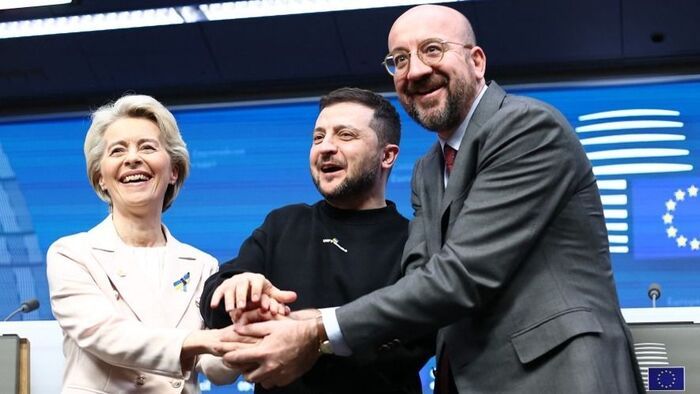
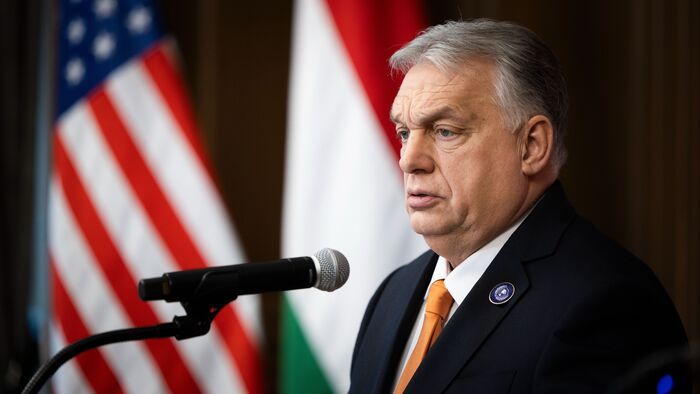


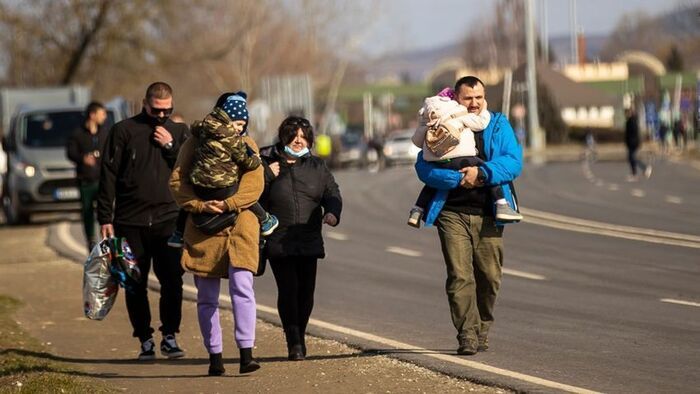



Szóljon hozzá!
Jelenleg csak a hozzászólások egy kis részét látja. Hozzászóláshoz és a további kommentek megtekintéséhez lépjen be, vagy regisztráljon!